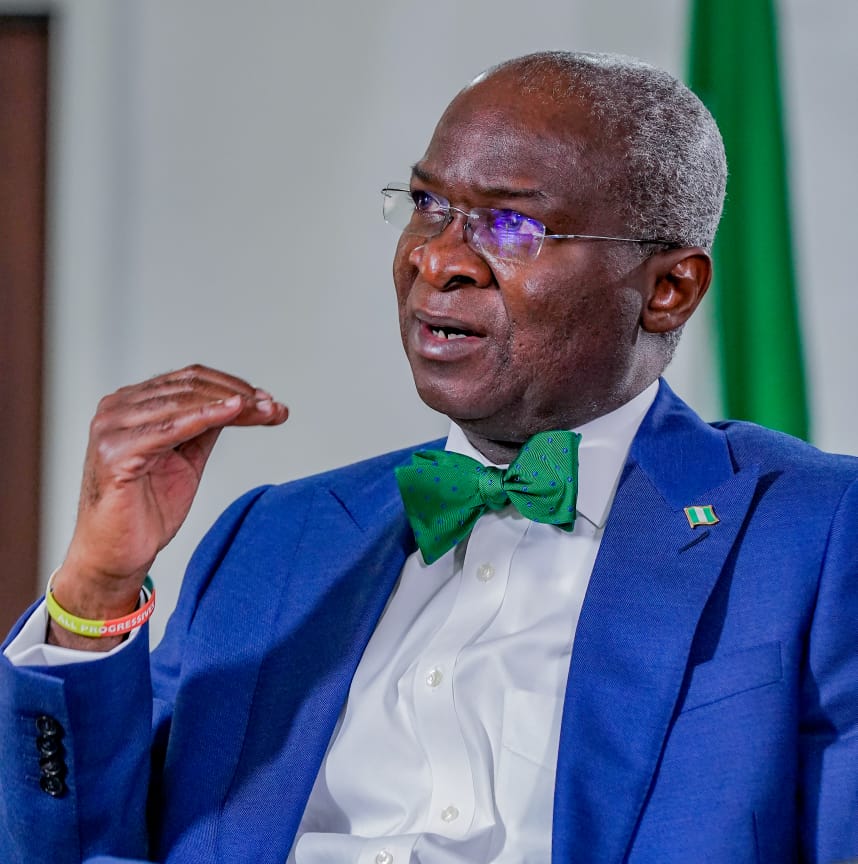The National Orientation Agency (NOA) has announced that Nigeria’s health sector is undergoing a silent revolution, driven by far-reaching reforms, massive investments, and unprecedented intergovernmental collaboration.”
Gatekeepers News reports that in the latest edition of The Explainer, its weekly publication, the agency noted that the scale and impact of the reforms have attracted international recognition.
The African Union, in 2024, named President Bola Ahmed Tinubu as its Champion for Human Resources for Health and Community Delivery Partnership.
Similarly, Time Magazine listed the Minister of Health and Social Welfare, Prof. Ali Pate, among the 100 Most Influential People in Health Worldwide.
Pate earned this honour for revitalising Nigeria’s primary healthcare system, expanding the community health workforce, boosting maternal and child health services, and promoting local production of essential medical commodities.
Under Pate’s leadership, more than 500 projects have been executed in 61 federal tertiary hospitals within two years.
According to NOA, this shift from rhetoric to action is anchored on the Nigerian Health Sector Reinvigoration Investment Programme, a strategic federal initiative aimed at improving population health outcomes through a stronger primary healthcare system.
The programme focuses on enhancing reproductive, maternal, and child health services while also upgrading infrastructure, retraining health workers, and increasing the number of primary healthcare centres nationwide from 8,809 to over 17,600 by the end of 2027.
Additionally, it aims to double the enrolment capacity of accredited nursing and midwifery institutions to meet the growing demand for skilled professionals.
Additionally, there have been notable advancements in Preventive care including the national rollout of the human papillomavirus (HPV) vaccine, targeting girls aged nine to fourteen, with 14 million already vaccinated.
Other initiatives include the treatment of 1,600 women through the Fistula-Free Programme and the provision of free caesarean sections for 4,000 women.
Lanre Issa-Onilu, NOA’s director-general, emphasised that these interventions are not solely about physical infrastructure but about creating an integrated, efficient, and self-reliant health system that delivers quality services to every Nigerian, regardless of location or income level.











